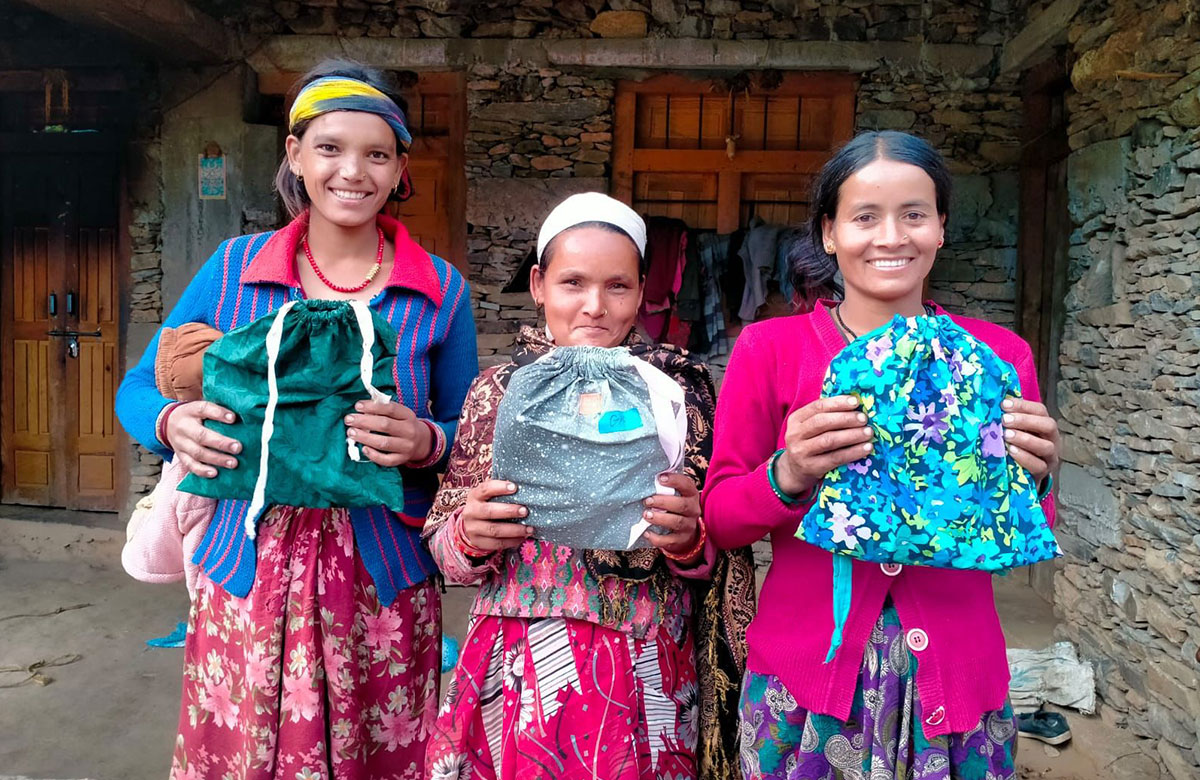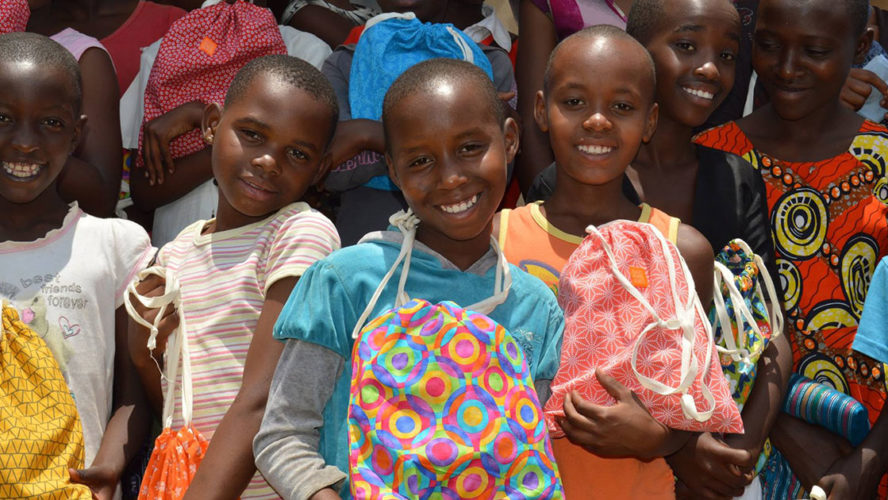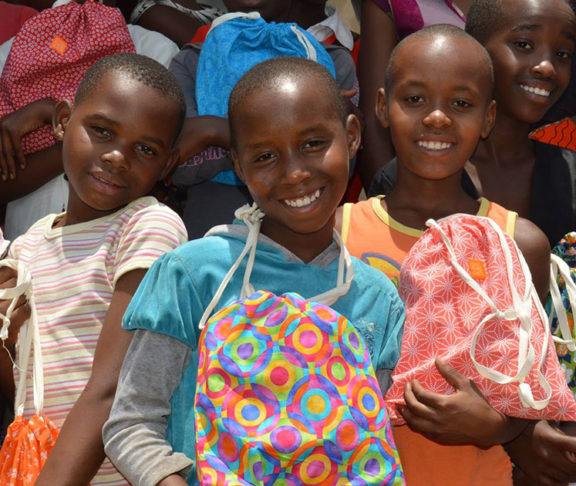For women, girls, and people with periods, the ability to safely manage menstruation is critical to living a healthy, thriving life. Yet globally, more than 500 million people lack the necessary tools to do so.

Melanie Eng
Communications Manager, Days for Girls International
This phenomenon, called period poverty, is a key driver of gendered health, education, and opportunity gaps worldwide. By understanding its impacts, we have a chance to shift our world’s menstrual health paradigm and shatter limitations for more women and girls than ever.
Health risks in vulnerable communities
When people with periods cannot access safe, effective menstrual products, they reach for what is available.
Too often, this means using unsanitary materials like old rags, mattress foam, tree bark, shared pads, or even cow dung — all of which can lead to vaginal and urinary infections. This issue disproportionately impacts communities living below the poverty line, and it’s further compounded by lack of clean water.
What’s more, period poverty for women and girls in poor, rural communities may lead to transactional sex and associated health risks. In Kenya, where 65 percent of women and girls cannot afford menstrual products, this trend is a driver of unwanted pregnancies, exploitation, and the spread of HIV.

The education gap
The evidence is in: when girls miss school because of their period, it puts them a full 145 days behind their male classmates.
Education is a proven determinant of lifelong livelihood outcomes and economic mobility, yet fewer than 42% of countries have achieved gender parity in secondary education. Period poverty is one factor that can undermine a girl’s class attendance, test scores, and ability to graduate. Menstruation-related absenteeism is driven by a host of factors, including period shaming or bullying, discomfort from poorly managed menstruation, and lack of access to safe, private bathroom facilities at school.
When menstruation keeps girls home from school, it compromises their academic potential and robs them of a fair start in life.
The perils of period stigma
Knowledge is power, especially when it comes to menstrual health.
When women, girls, and communities have access to accurate information about periods, they’re more likely to view menstruation as normal, healthy, and beautiful. But when that knowledge is lacking, harmful taboos are free to reign — and spread the message that menstruating people are dirty, unnatural, and even morally impure.
This creates a culture of stigma, shame, and control that exacts a heavy toll — from mental health problems and community isolation to dangerous cultural traditions. In western Nepal, for example, the taboo-driven practice of Chauppaddi forces women and girls to isolate in open fields or cow sheds during their periods, leaving them vulnerable to wild animal attacks, human assailants, and the elements.
Building a better world
Period poverty is an insidious issue with undeniable effects on the health, well-being, and equity of women and girls. But thankfully, there are solutions — and progress is already underway.
In countries around the world, changemakers are rallying to close the menstrual equity gap. One of them is Days for Girls International:, a global NGO working to transform the menstrual health landscape since 2014. To date, Days for Girls has reached more than 2.4 million women and girls in 144 countries with washable pads and menstrual health education, while also partnering with local and government leaders to drive menstruator-friendly policy changes.
This is exactly the kind of holistic approach required to win the fight against period poverty. By pursuing multiple avenues for change, we have the power to break down menstruation-related barriers at every level — and build a better, more equitable world for all women, girls, and people with periods.

